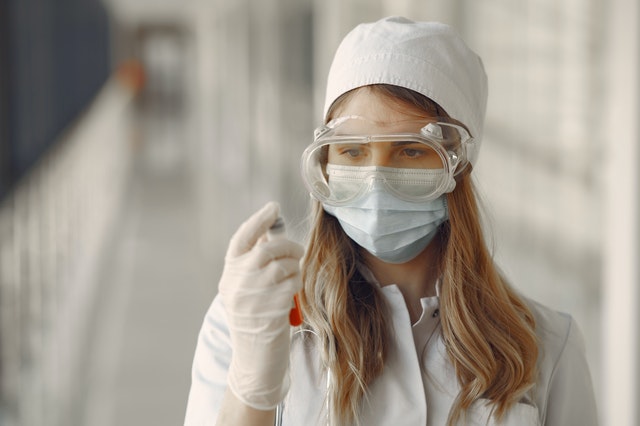
Joana Lobo Vicente – European Environment Agency (EEA)
Use for citizens and stakeholders – 28 April – 12:00 pm CEST
Exposure to different chemicals is an inevitable part of our everyday lives and citizen awareness and perception of chemical products has been a topic of interest in the last decades. To date, few qualitative studies on human biomonitoring have analysed communication materials, made recommendations in terms of biomonitoring surveillance, or asked for feedback in specific biomonitoring methods.
Between 2018-2021, focus groups were held in 11 HBM4EU countries (Austria, Portugal, Ireland, the United Kingdom, Cyprus, Denmark, Hungary, Israel, Latvia, the Netherlands, and North Macedonia).
Results indicate the concern about the safety of the food chain and environment. Participants were aware of potential uptake of chemical substances through food consumption, drinking water, polluted air and water, and the impact of chemical exposure on daily life.
Validated and trustful communication is perceived as key to empowering citizens to take action. The results can be used to facilitate decision-making and policy development, and feed into the awareness needs of similar and future projects in human biomonitoring.
Dr. Joana Lobo Vicente is currently working as an expert in chemicals, environment and human health at the European Environment Agency (EEA). In the HBM4EU project, Joana is the work package co-leader of the WP2 Knowledge Hub, of WP4 Prioritization of substances, and the task leader on the indicator task, and the long-term needs and expectations of stakeholders task. Joana also provides support to the EU Policy Board for HBM4EU, ensuring a dynamic exchange of information and promoting the uptake of HBM4EU results by policy makers, and represents the Agency through networking with relevant external partners and stakeholders, in particular with the EU institutions and EEA member countries (EIONET), and relevant EU Agencies (e.g. ECHA, EFSA and EMA); and also contributes to the work on chemicals at the EEA.
Before working at the EEA, Joana was as a Scientific Officer at DG Joint Research Centre (European Commission) where she worked with metabolomics, compound confirmation of suspected illicit substances, and detection and quantification of illicit drugs (classic and new psychoactive substances) in wastewater, drinking water and irrigation water via LC-MS/MS. She also worked in the Food Contact Materials group, in method development and validation of contaminants in foodstuff, organization of proficiency tests involving BPA; as well as plastic recycling compliance for food contact applications across the member states for circular economy purposes (raw materials).
Joana has a degree in Chemistry from the Faculty of Sciences of the University of Lisbon. She did her MSc in Forensic Science, and her Ph.D in Analytical Chemistry at the King’s College London, in the Drug Control Centre. During her Ph.D, she investigated the influences of alcohol in the excretion of testosterone/epitestosterone for doping purposes. After her Ph.D, she was a research analyst for the 2012 Olympic & Paralympic Games, and a postdoctoral research associate at King’s College London.
Disclaimer
The HBM4EU project was launched in 2016 with the aim of improving the collective understanding of human exposure to hazardous chemicals and developing HBM as an exposure assessment method. The project had €74m in funding and jointly implemented by 120 partners from 28 participating countries – 24 EU member states plus Norway, Switzerland, Iceland and Israel and the European Environment Agency. One of its aims was to ensure the sustainability of HBM in the EU beyond 2021. The project ended in June 2022. The website will not be updated any longer, except the page on peer reviewed publications, but will be online until 2032.


